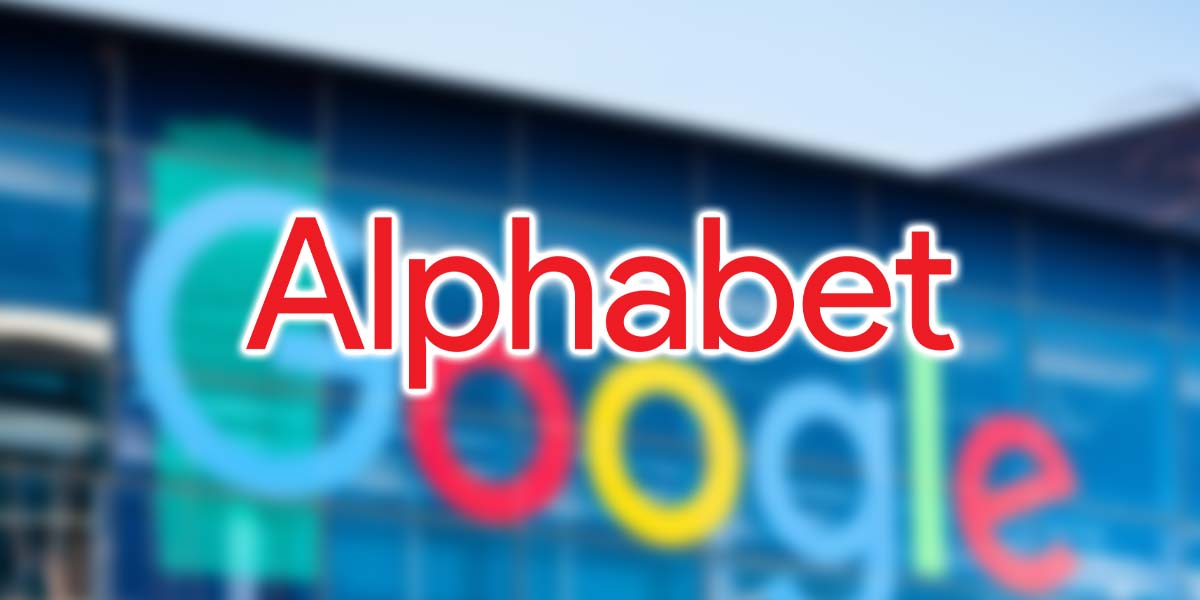The share price of Alphabet jumped more than 7% in after-hours trading as Google’s dominant position in the online search market remains intact, following a decision by a Washington federal court that declined to mandate the divestiture of its Chrome browser or the Android operating system in the landmark U.S. antitrust case.
Apple, another key player entangled in the matter, gained 3% after the court allowed lucrative revenue-sharing deals between the two companies to continue.
The verdict concludes a protracted five-year legal battle that placed Google at the center of debate over Big Tech’s market power. U.S. District Judge Amit Mehta determined that while Google does hold an illegal monopoly in online search and associated advertising, dismantling its core businesses was neither justified nor necessary. Notably, Google can maintain its longstanding practice of paying Apple billions annually to secure its search engine’s primacy on Apple devices—a deal that U.S. antitrust officials claim has disadvantaged rivals.
However, the judge did order Google to provide new forms of data access to competing search engines—a step aimed at injecting fresh competition into the online advertising ecosystem. This requirement is widely seen as a move to give emerging AI-powered platforms, such as OpenAI’s ChatGPT, a shot at challenging Google’s supremacy by leveraging user data critical for search and browser innovation.
Judge Mehta stated that investment and momentum in AI search are surpassing anything seen since the early days of this industry, pointing to the sector’s rapid evolution as a potential counterbalance to Google’s monopoly.
Legal experts expect Google will appeal the ruling, potentially dragging proceedings out for years and possibly escalating to the Supreme Court.
For Google’s investors, the absence of a forced breakup eliminates a major overhang, reinforcing confidence in the company’s future despite the looming uncertainties of AI-driven disruption. Meanwhile, device manufacturers and browser makers, including Apple, gained reassurance that revenue-sharing arrangements can continue for the foreseeable future.





